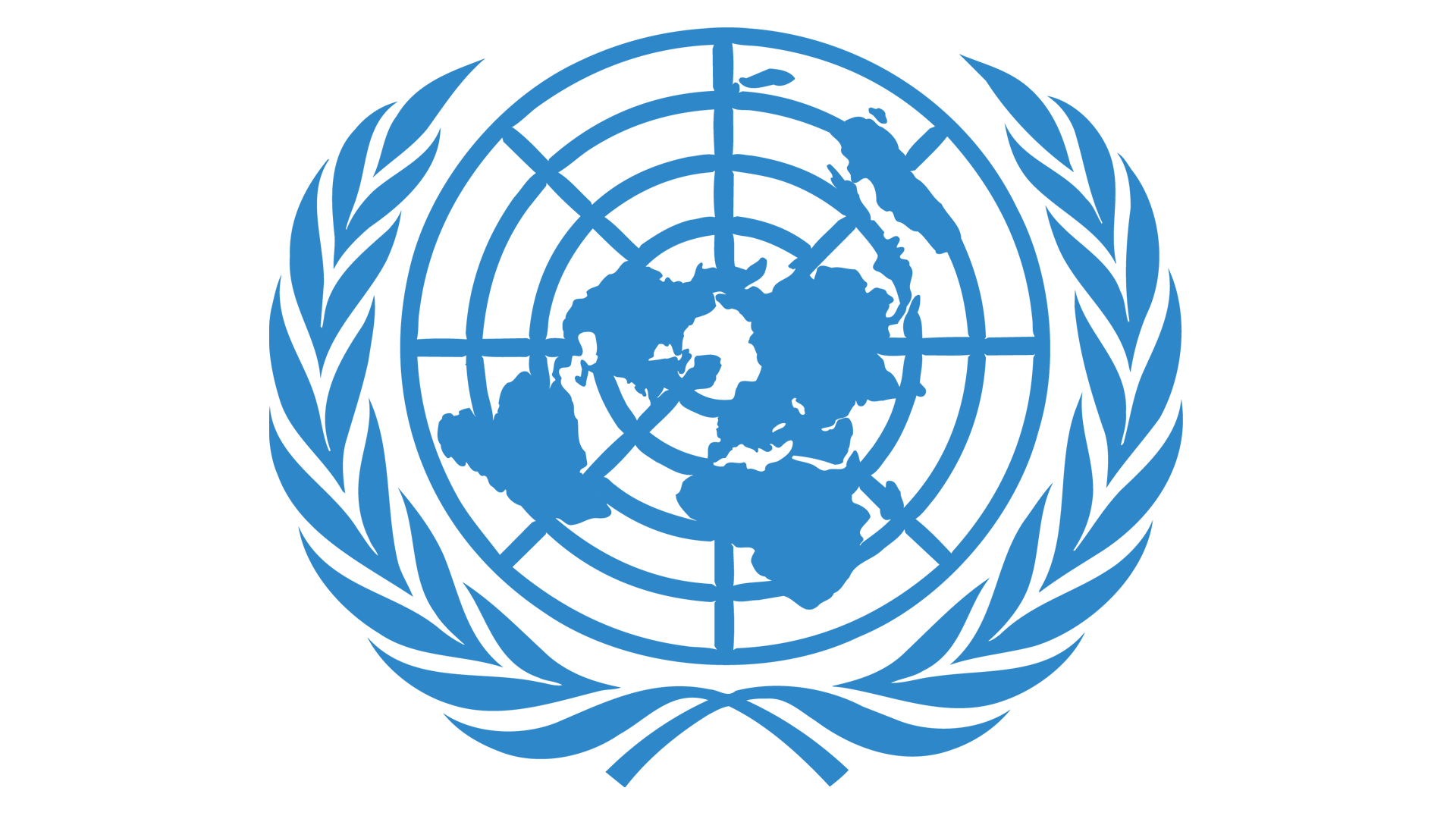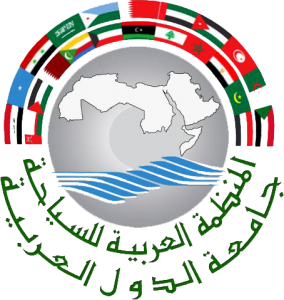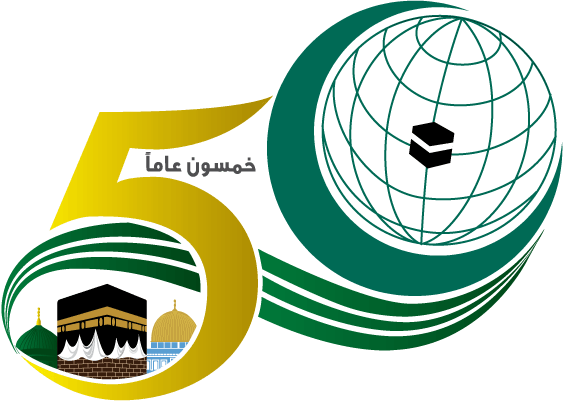Coaching for organizations
Every organization wants motivated and knowledgeable people. Colleagues and managers who work with enthusiasm and professionalism to achieve the organizational goals. People who take responsibility for their work and are proactive. Who function effectively in a pleasant way in their work, communicate, collaborate or lead to achieve their team objectives.
Save Time
Earn More
Grow Faster
Friendly Support
Coaching of teams
Sometimes, however, it is necessary for your employees or colleagues to develop skills. They find it difficult to step over barriers to work with pleasure, self-confidence and success. They have difficulty with certain situations in their work. You want to empower your organization by offering guidance to the people in your organization to help them develop their personal leadership for more control over their own attitudes and behaviors.

-
Coaching for organizations; Coaching process
As a professional coach, I can guide the people in your organization in various positions and levels in a pleasant and result-oriented way in achieving their learning goals. The result is that they can support the team and the organization in achieving the objectives with more pleasure and success. Online coaching is also possible.
-
Coaching for organizations on the job
Coaching on the job is an intensive and effective form of coaching that takes place in the workplace. During a presentation, a conversation with a colleague or a work meeting, for example, the coach observes how the interaction and mutual communication and cooperation are going. Or observes how an employee does his work and can provide tools and insights for better time management and self-management.
The advantage is that the coach can immediately discuss with the coachee what the strengths are and which skills can be improved. I help the coachee to reflect on their own behavior, to increase their self-knowledge and, above all, to develop new desired behavior. Extremely suitable questions for coaching on the job are, for example:
- How can I increase my communication skills and contact with colleagues, employees or customers?
- I want to increase my visibility in a work meeting, how do I do that?
- How can I increase my persuasiveness and influence?
- I want to increase my presentation skills.
- How can I spend my time more effectively?
- I want to develop more self-confidence and increase my self-knowledge, so that I function more relaxed and powerful.
Coaching on the job is very suitable for the personal development and professional growth of both people in organizations and managers and is often experienced as pleasant and effective by the coaches.
-
Coaching on the job (management) team
In addition to individual guidance, on-the-job coaching is an effective method to work on the mutual communication and cooperation of teams (departmental teams, management team, project team, etc.). Examples of Coaching on the job in (management) teams are:
- How can we have more effective and pleasant meetings?
- We want to increase our communication skills and work together in a pleasant way
- How can we jointly come up with an annual plan and divide who will do what in practice?
- Are we making sufficient use of our qualities?
- How can we make our interaction more constructive?
- What is the best way to lead our business unit/organization? Creating unambiguity.
-
Coaching for organizations in the face of change
The organization is changing and the working methods are also changing. Staff members feel insecure and perhaps unmotivated. They find it difficult to find their way in this and to implement the changes in their work. Communication and collaboration are more difficult and managers find it more difficult to motivate their team members to get the best out of their people.
You want the people and/or teams in the organization to be guided to accept the changes in the organization and in the ways of working and to actively integrate them into their role. You want your organization to be able to look ahead again and start working on the goals. I can help you with this. See also coaching, team coaching and team development.
-
Coaching for organizations in outplacement
In the organization or team, one or more staff members say goodbye or a staff member decides to say goodbye themselves. These are often drastic events for those involved. Coaching then focuses on processing the dismissal or farewell, personal leadership including increasing self-knowledge and putting this knowledge into practice, making choices in the career and taking the right practical actions to find a new job.
-
Coaching for organizations in case of absenteeism due to stress complaints
Both small and large organizations sometimes have to deal with staff members who suffer from tension complaints or stress symptoms. They feel mentally exhausted and are no longer able to find energy for their work. Stress complaints and work stress have many causes. It is important to take these complaints seriously because it can lead to overwork or burnout. As a coach I can help people who are struggling with tension, stress or worse.
It is important that they learn to think differently about their work and their lives in order to reduce tension and stress. They also learn to work in a different way so that they can do things in a relaxed and productive way without falling back into old behavior. In addition, the prevention of these complaints in the future plays an important role in a coaching process. Eventually, they learn to enjoy and self-confidence in their work in a relaxed way and to become more effective at the same time.
-
Coaching for organizations; Team coaching
Team coaching is an effective and powerful way to guide teams in your organization in their personal development and professional growth. In team coaching, there is often a situation in which mutual cooperation stagnates. Team members experience (unspoken) mutual conflicts, people talk about each other instead of with each other, people are reluctant to go to work and sometimes absenteeism grows as a result.
This is often at the expense of achieving team goals and job satisfaction. In team coaching, team members learn to take responsibility and control over their personal and professional attitude and behavior, so that they can make a motivated and successful contribution to the organization. In addition, the atmosphere and job satisfaction improves.
-
Team development
Team development involves a team that wants to strengthen mutual communication and cooperation. There is not so much a conflict, but a need for growth within the team. Sometimes a newly formed team wishes to get to know each other better and to align the mutual roles, tasks and expectations more closely under the guidance of a team coach. An existing team wants to see where they stand in order to develop further. Or a team would like to avoid miscommunication because the team members do not see each other regularly because they are located in different locations.
Free appointment and contact
Are you interested in a coaching program for yourself, one of your colleagues or employees, a team or do you want to purchase a standard number of hours per period, so that you know where you stand? I would like to get to know you and hear from you what you want to achieve with coaching in your organization. You are cordially invited to contact me.

Bedrijfslocaties
©2020-2024 All rights reserved. Part of AtlasBridges.org
Privacy
| Terms and Conditions















